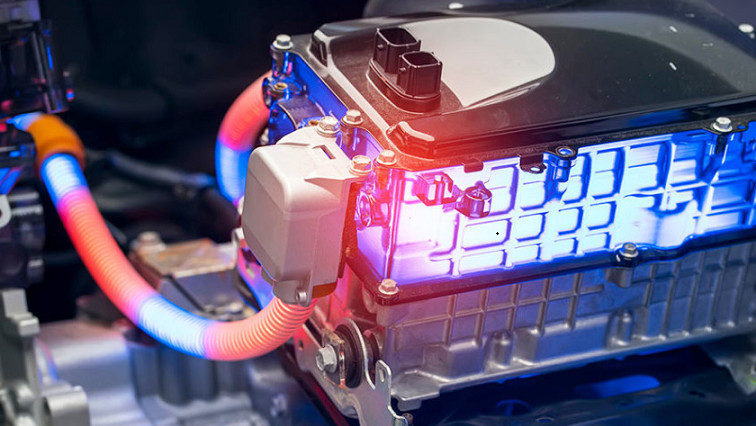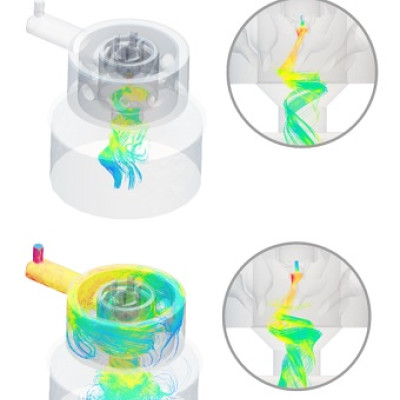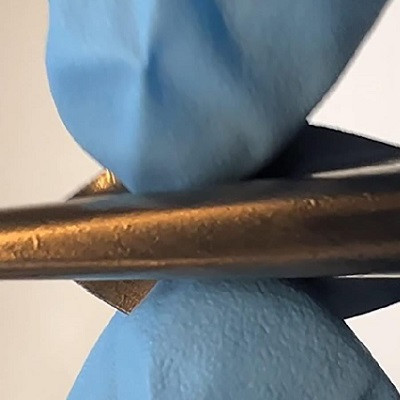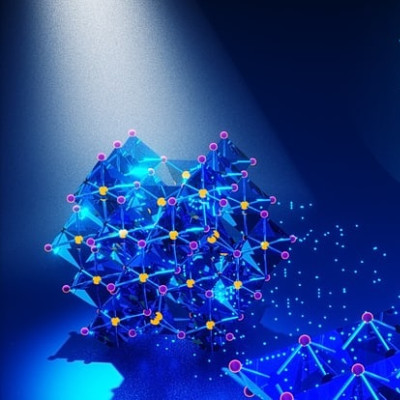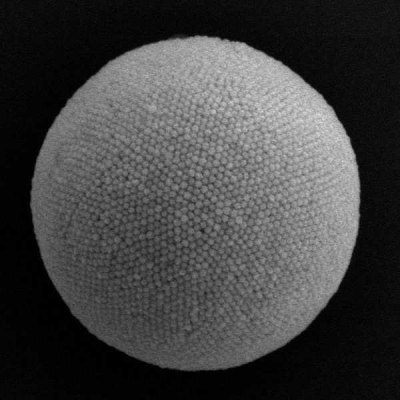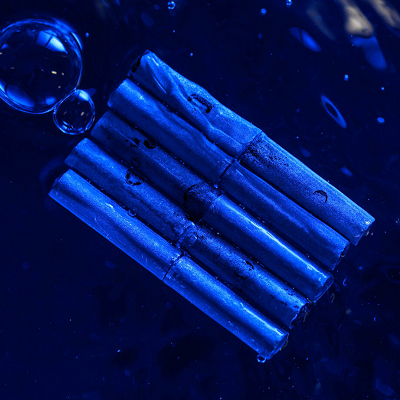This full-cell lithium-ion battery with graphene material will be a more efficient storage platform for clean and renewable energy source that will revolutionise the EV industry.
The battery's intellectual property (IP) is jointly developed by NMB, UGT and Universiti Kebangsaan Malaysia (UKM).
NMB chief executive officer Dr Rezal Khairi Ahmad said this battery would enable Malaysia to capture these opportunities from an EV components perspective.
"Not only will we be able to create a local supply chain to catalyse a local EV industry, but we will also be able to establish Malaysia as a high-technology energy storage system exporter and penetrate foreign EV markets such as Indonesia and Thailand.
"Our efforts here form an important element under the National Energy Storage Technology Initiative (NESTI) and complements Enabling Mobility Electrification for Green Economy (EMERGE) and Rapid Electric Vehicle Innovations Validation Ecosystem (REVIVE)," he said in a statement today.
In 2020, the global electric vehicle market size was US$246.7 billion, and it is forecasted to grow up to US$1.31 billion in 2028. The project was initiated under NMB's Graphene Action Plan 2020 with an investment of approximately RM340,000.
At ~200Wh/kg, it has a much higher energy density than commercially available batteries. Consequently, it addresses the issue of heavy conventional EV batteries impeding driving range.
As the graphene battery has a higher power output, its size can be decreased and result in EVs being driven further.
NMB is Malaysia's leading agency for nanotechnology commercialisation and industrialisation via a venture builder model.
Meanwhile, UGT is the dedicated research and development company of ASP PRO Sdn Bhd, which has laboratory facilities to support the pilot production of graphene battery.
NMB has identified two viable adjacent projects that can be enhanced with the graphene-enhanced battery, an electric scooter and a hydrogen-paired electric racecar (HyPER) after establishing a cohesive technological ecosystem with small to medium enterprise (SME) partners.
UGT chief executive officer Suria Affendi Amirrudin said the nano battery market itself is forecasted to reach US$28.1 billion globally by 2030 at an 18.6 per cent compound annual growth rate (CAGR).
"Not only can our battery be used in EVs, but it can also be scaled down for electronics such as mobile phones and laptops, enabling us to capture an even wider market.
"Our venture will also help to drive a new entrepreneurial mindset through equity-based partnership," he said.
NMB and UGT will soon be entering a joint venture where the graphene battery will begin pilot production.
Once it is launched in the market, it is forecasted to contribute up to RM124.13 million to the country's gross domestic product (GDP) and create up to 1,146 new job opportunities for highly skilled workers by 2030.
UGT is also planning an initial public offering (IPO) exercise by 2026 and is currently pursuing partnerships and collaborations to grow this vision together under the flagship company of UMORIE Bhd.
Read the original article on New Straits Times.

